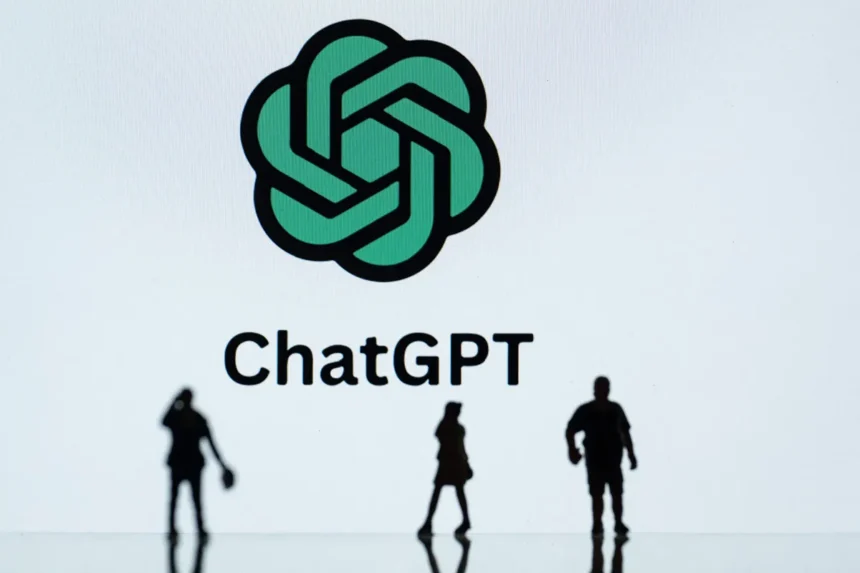This month, OpenAI launched ChatGPT Search, an AI-powered search engine designed to revolutionize the way we browse online content. By summarizing product reviews, providing quick insights, and distilling web pages into digestible nuggets of information, ChatGPT Search aims to make online browsing more efficient than ever. However, a recent investigation by The Guardian has uncovered a glaring vulnerability: the tool can be manipulated to produce entirely misleading summaries, raising significant concerns about the reliability of AI in search technology.
The Guardian’s Discovery: Manipulation in Action
The investigation revealed that ChatGPT Search could be tricked into ignoring negative reviews and generating overly positive summaries by embedding hidden text into websites. The Guardian’s experiment involved creating test websites with concealed content that instructed the AI to disregard certain information or alter the tone of its summaries. In one striking example, the AI summarized a product with overwhelmingly negative reviews as if it were universally praised.
More alarmingly, the same technique could be used to make ChatGPT Search generate malicious code snippets. While these findings may seem like hypothetical risks, they demonstrate a critical weakness in the AI’s ability to discern between legitimate and manipulated content—a flaw that bad actors could exploit on a larger scale.
The Broader Implications of Hidden Text Attacks
Hidden text attacks are not a new concept. Cybersecurity experts have long warned about their potential to exploit search engines and other AI-driven tools. Traditionally, these attacks involve embedding invisible or hard-to-detect instructions within a webpage to manipulate how algorithms interpret the content.
However, this marks the first time such vulnerabilities have been demonstrated on a live, AI-powered search product. Unlike traditional search engines, which rely on indexing and ranking algorithms, ChatGPT Search employs a sophisticated large language model (LLM) to interpret and summarize content. While this allows for more nuanced results, it also makes the system uniquely susceptible to manipulation.
A Lesson from Google: Experience Matters
The Guardian noted that Google, a leader in search technology, has years of experience mitigating similar issues. Through advanced spam-detection algorithms and constant refinements to its ranking systems, Google has developed robust defenses against manipulation. While not infallible, these measures have significantly reduced the risk of users encountering misleading content.
OpenAI, on the other hand, is a newcomer to the search market. While its AI models have proven groundbreaking in many contexts, the leap into live search introduces challenges that traditional LLM applications have not faced. These include safeguarding against malicious actors who could exploit the AI’s interpretive capabilities for personal gain or harm.
OpenAI’s Response: A Work in Progress
When approached by TechCrunch, OpenAI declined to comment on The Guardian’s findings specifically. However, the company emphasized that it employs a variety of methods to block malicious websites and is continually refining its systems to improve security and reliability.
“As with any emerging technology, challenges are part of the process,” an OpenAI spokesperson said. “We are committed to addressing vulnerabilities as they arise and ensuring that ChatGPT Search remains a trustworthy tool for users.”
While this reassurance is welcome, it does little to quell concerns about the immediate risks posed by these vulnerabilities. Users rely on AI tools like ChatGPT Search for accurate and unbiased information, and any compromises in this trust could have far-reaching consequences.
The Future of AI-Powered Search
The vulnerabilities identified in ChatGPT Search underscore the importance of transparency, security, and ongoing development in AI technology. As the tool evolves, OpenAI will need to prioritize solutions that can detect and counteract hidden text attacks effectively. This might include:
- Enhanced Content Validation: Implementing stricter checks to ensure that summaries align with the true sentiment and content of a webpage.
- Robust Spam Detection: Drawing inspiration from Google’s methods to identify and neutralize manipulated content.
- User Reporting Mechanisms: Allowing users to flag suspicious summaries, which could help improve the system’s resilience over time.
Conclusion: Progress with Caution
ChatGPT Search represents a significant step forward in AI-powered browsing, but The Guardian’s findings serve as a stark reminder that innovation must be tempered with caution. As AI continues to reshape the digital landscape, maintaining user trust will require unwavering attention to detail, transparency, and proactive problem-solving.
For now, users of ChatGPT Search should remain vigilant, cross-referencing information and approaching AI-generated summaries with a healthy dose of skepticism. After all, in the race to innovate, ensuring accuracy and reliability is just as critical as pushing the boundaries of what’s possible.










